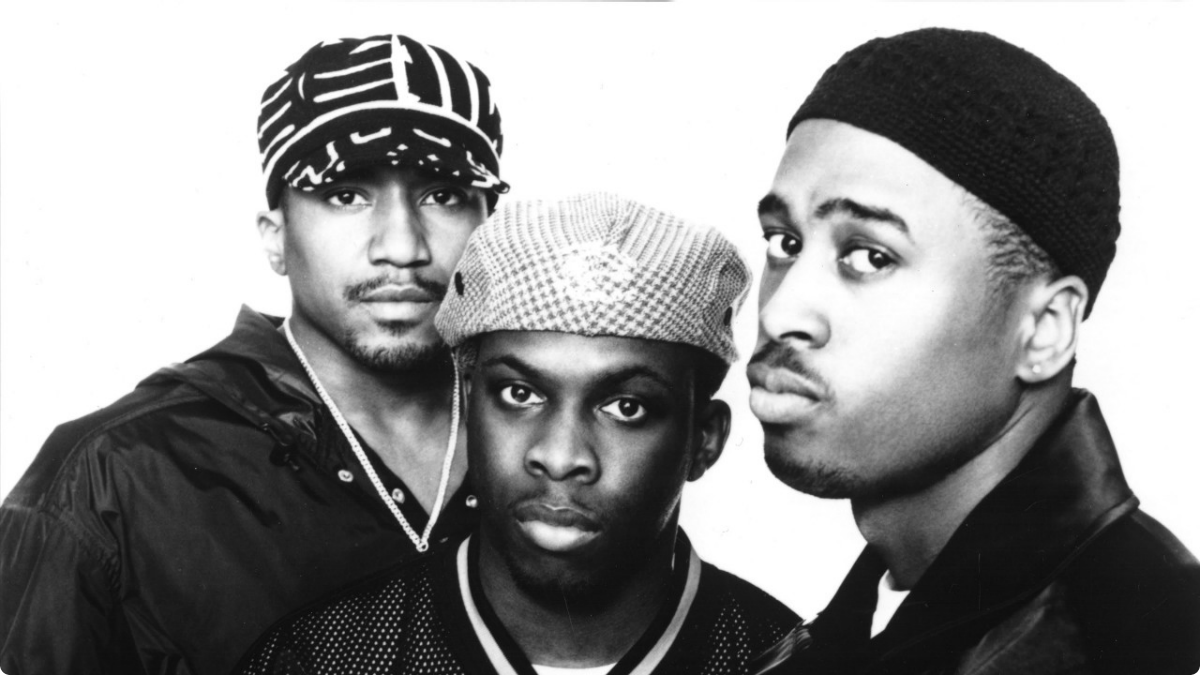When was the last time you heard a funky diabetic?
Probably the most recent instance that you let the celebrated 90s rap trio, A Tribe Called Quest, flow through your speakers.
Slick, jazzy samples from Ali Shaheed Muhammad and innovative lyrics from Phife Dawg and Q-Tip created the imaginative beats that blazed the alternative hip-hop trail and inspired other rap artists to think outside box.
That self-proclaimed “funky diabetic” known as Phife Dawg, was one half of the ingenious lyrical tag-team of ATCQ. Born as Malik Taylor, Phife battled diabetes throughout his rise to hip-hop fame. “I was in denial. I had to have my sugar,” he claimed in the group’s documentary.
“You have to accept it,” Phife warned. “If you don’t accept it, it’s going to kick your ass.”
At the age of 45, Phife died late at night Tuesday, March 22, from complications with his diabetic condition, according to a statement by the family.
While the world grieves in the face of losing this lyrical genius and “rap word warrior,” we must also celebrate the incomparable progressive contributions made by Phife to the hip-hop industry, which wouldn’t be where it is today without A Tribe Called Quest.
As a part of ATCQ, Phife pioneered the genre of alternative hip-hop through the early 90s. After their first album, The People’s Instinctive Travels and Paths of Rhythm in 1990, and the subsequent departure of the group’s original fourth member, Jarobi White, the group released four lengthy albums and appeared on countless others. Commercial success landed each album within the top eight slots of the Billboard 200 before they disbanded in 1998.
Back by popular demand, the members reunited for a tour in 2006 and starred as themselves in Beats, Rhymes and Life: The Travels of A Tribe Called Quest, the 2011 Sony Pictures documentary about the group’s history. As part of a reissue campaign, ATCQ rereleased People’s Instinctive celebrating its 25th anniversary in late 2015, which features remixes from artists like Pharrell, Cee-Lo Green and J. Cole.
Though the late MC was known most famously for his success with ATCQ, Phife went on to pursue a solo career, releasing Ventilation: Da LP in 2000, and appearing in several films and albums over the next decade.
Despite how the group matured and evolved over time, the Phife kept his youthful posture as the creative, witty “Five Foot Assassin,” standing 5 foot 3 inches tall. Phife’s lyrical finesse and quick wit outstood his size, as he emerged from his underrated stature as the trio’s beloved kid brother to one of the most celebrated voices in hip-hop history. “The Trini-gladiator, the anti-hesitator,” Phife was the most relatable of the three Tribe personas with his brutally honest humor and political transparency.
As prayers of love and support for Phife’s family, friends and industry peers reverberate throughout the media, there is sure to be an influx of speakers bumping “Can I Kick It?” and other highly-exalted hits. Lifetime listeners and newfound fans are coming together around the sound of socially conscious rhymes with innovative beats, just as Phife would have wanted.
One thing is for sure: When I die, I hope I get to heaven, because I’ll be anxious to see what Phife is working on up there.
Rest in peace, Phife Dawg.

